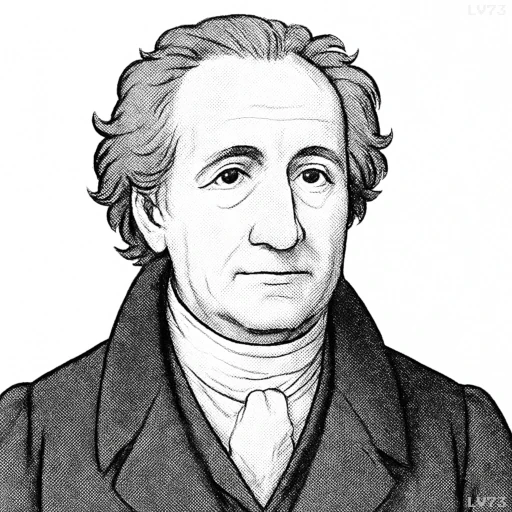“On all the peaks lies peace.”

- August 28, 1749 – March 22, 1832
- German
- Poet, playwright, novelist, philosopher, politician
table of contents
Quote
“On all the peaks lies peace.”
Explanation
Goethe suggests that true peace is found at the highest point, whether it be a physical peak, like a mountaintop, or a metaphorical one, such as a state of personal enlightenment, spiritual clarity, or accomplishment. At the peaks, there is a distance from the everyday struggles and noise of the world below, offering a sense of tranquility and perspective. This idea reflects the view that true peace comes not from avoiding life’s challenges but from rising above them—either through self-mastery, reflection, or the attainment of a higher state of being.
Historically, this concept resonates with the philosophical and spiritual traditions that view the mountain as a symbol of spiritual ascent and clarity. In many cultures, mountains are seen as places where one can gain a greater sense of perspective on life. For Goethe, the peak could be seen as representing the ideal—the state of being where one has transcended the limitations of the ordinary world, finding peace in self-actualization or spiritual enlightenment.
In modern contexts, this idea can relate to the concept of finding peace through self-awareness, meditation, or spiritual practice. While daily life can be filled with stress and distraction, moments of stillness—whether through nature, mindfulness, or contemplation—can offer a sense of clarity and peace that is akin to standing at the summit of a mountain, free from the chaos of the world below.
Goethe’s words remind us that peace is not something that comes from external circumstances but from the ability to rise above life’s turbulence, achieving a sense of calm and clarity through inner growth, perspective, and transcendence.
Would you like to share your impressions or related stories about this quote in the comments section?





